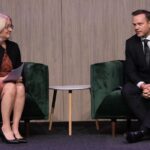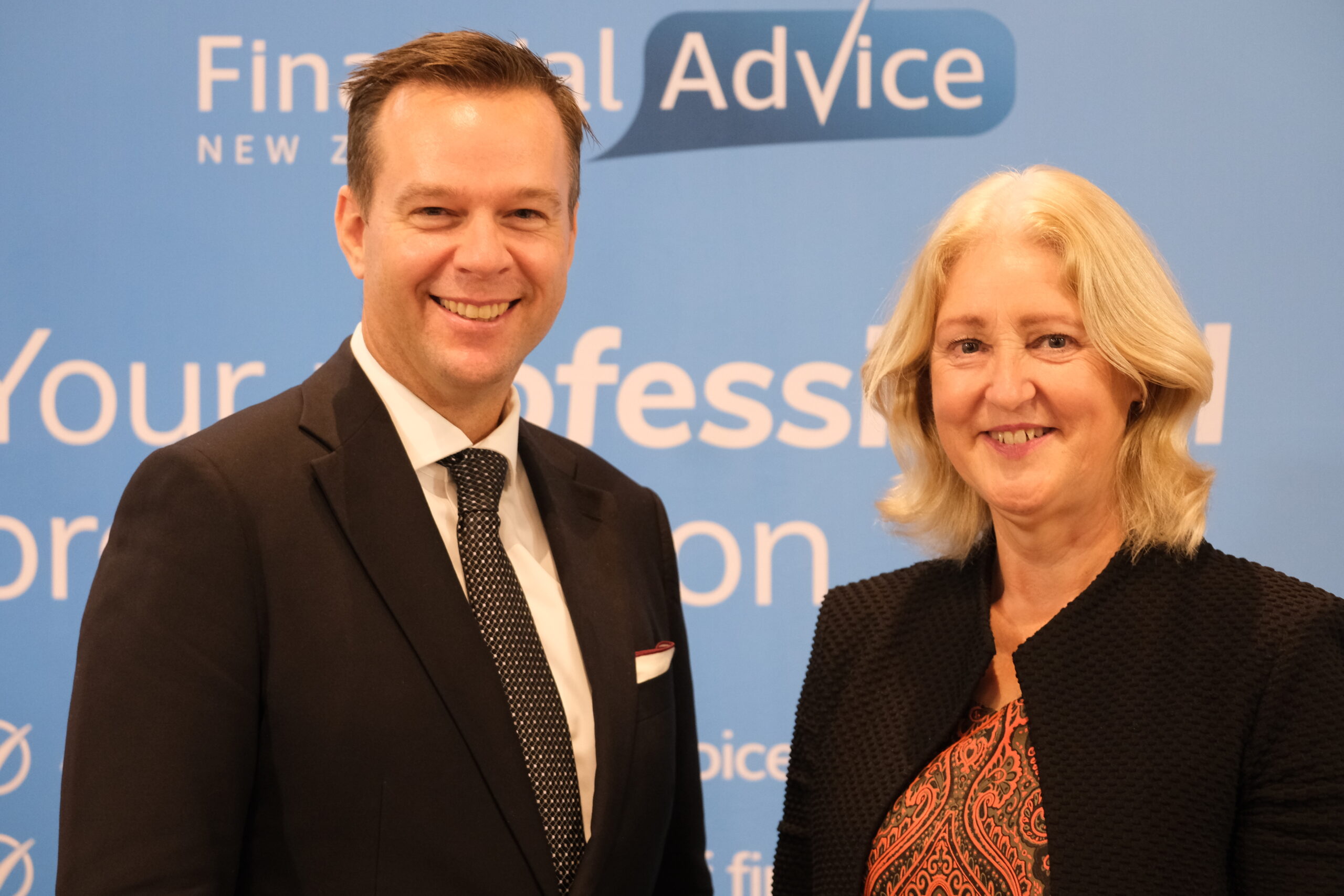As we watch the Covid resurgence unfold just across the Tasman with the new Delta variant, I wonder about the lessons we have learnt from the past year, since the pandemic hit our shores.
We know it highlighted to many the need for financial resilience and security. But did that actually translate into a change in our financial behaviour?
Certainly, for those in sectors such as hospitality, tourism or retail – where many people either lost their jobs or had reduced hours as a result of the lockdowns, border restrictions, economic and market uncertainty – the need for financial resilience and security became a daily reality.
For the rest of us who were luckier and didn’t suffer a financial loss, we certainly paused and thought about how we would survive if our incomes were reduced or lost in the short, medium or long term.
The first thing would be to consider having a financial buffer. This means understanding how much money you need to put aside if something goes wrong, so you’re able to pay your basic bills and living costs.
This means things like understanding your essentials versus your nice-to-haves. That includes little things such as remembering that if you need to stop subscriptions such as Netflix or Sky, there’s often a delay in the notification to cancellation. Not all costs can be turned off quickly.
Once you have worked out what your essential costs are, you need to decide whether you need the buffer for one, two, three or even more months.
Most recommendations are for three months. Saving a buffer fund takes a while, especially if you don’t have a lot of extra money left over from pay to pay, which is the reality for a lot of households, who spend what they earn every week. And this is true for those on low and high incomes.
In fact, studies show a surprisingly high wastage in high-income households, who often find themselves struggling to meet their commitments. This mostly stems directly from poor financial behaviour and disciplines. Sometimes lower-income households have better financial resilience due to being more aware of the need to have good financial behaviour.
When considering financial resilience and security, here are some things you should look at:
- – Understand what your essential costs are and ensure you have a buffer fund to meet these costs for a period in case your income is reduced.
- – Stay on top of new costs and assess what you actually need. This means reviewing what you are spending your money on. It’s easy to add on another subscription, and before you know it you’ve added a third streaming entertainment service. It’s easy to hear about a new good movie or series, subscribe to the channel, then forget to cancel it for months or even years.
- – Protect your assets. This includes ensuring you have the correct insurances. Come claims time, this will be the best purchase you have ever made.
- – Stay on top of your debt, especially short-term debt. This can end up being very expensive if you don’t pay it off every month. Remember, those buy-now-pay-later schemes can add up, especially if you have more than one on the go at a time. These can commit your cashflow into the future.
- – Save every month if you can. This allows you to keep your buffer intact if something goes wrong, but gives you choices if something crops up in the short term – like an expensive WOF or a dropped laptop.
- – Have a look at your financial goals and try to focus on building assets rather than consumables. Assets add a long-term benefit to your life.
I have learnt my good financial behaviours as I have got older. I certainly wish I knew 20 years ago what I know now.
But it’s never too late to change the way we view our money and personal finances.
Having for the last couple of years been focused on good financial behaviours – or in simple terms, respecting the value of money – the best tip my financial adviser has given me is to have a set amount of money as a minimum float in the household bills account and in my personal spending account.
These give me peace of mind that if something goes wrong there are reserves in place so I don’t have to think about how I’m going to finance an unexpected cost, and also allows for bills to be “lumpy”.
My challenge to you is to start building your financial resilience – one pay day at a time. With Covid as close as it is to us, who knows when we might need a buffer to see us through.








